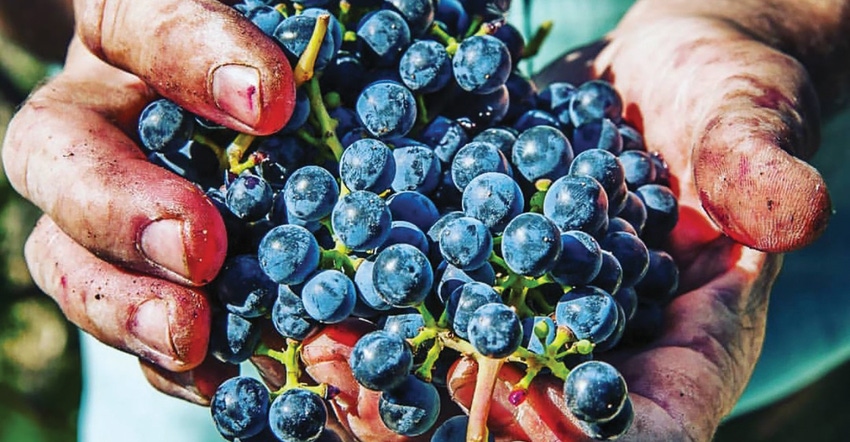
No, you did not “feel the earth move under your feet.” Movement in the arena of soil sciences, however imperative, tends to be modestly slow, if not glacial at times.
That’s why the news out of Washington State University’s Soil Health Initiative is so encouraging. WaSHI has now received funding that will allow the planting of a research vineyard, a so-called LTARE or long-term agroecological research and extension site, with a focus on soil health.
The initiative itself and the addition of the research vineyard are important, as reported by the WSU College of Agricultural, Human, and Natural Resource Sciences, because: “A host of indicators are currently available to assess soil health … however our understanding of the relationship between these indicators and plant production and environmental outcomes is incomplete.”
Hence, the need of soil health best management practices to provide a baseline assessment of soil health and the tools to monitor, manage, and improve it.
There’s lots to look at in a state with 35,000 farming operations across 14.6 million acres. WSU’s Soil Health Roadmap reports: “Washington state is home to a wide variety of soils (with) several hundred unique soils identified and mapped.”
Washington State Wine Commission member and Research Program Director Melissa Hansen said the new research vineyard should be exciting for everyone “from grower to winery to community to consumer” as grapes are one of the state’s Top 10 commodities.
“The collected data will guide the establishment of best practices tailored for Washington soils to improve vineyard soil health for long-term sustainability, improved grape quality, and ultimately, improved wine quality. It will give growers the tools to continue supplying the more than 1,000 wineries in the state with high-quality grapes over the long term.”
Protecting the soil
While the research vineyard will be small — about five acres — “It will consist of cabernet sauvignon and chardonnay plantings in alternate blocks,” according to Devin Rippner, research soil scientist with USDA ARS in Prosser.
“Our goal here is to find ways to protect the soil and keep the vineyard alive as long as possible while monitoring how various management practices influence the soil.”
Hansen and Troy Peters, a WSU Agricultural Irrigation expert, will both be involved at the site. “Most soils in our premium wine grape vineyards have low clay content, low organic matter, high pH, low rainfall, coarse texture, and would be considered unhealthy by soil metrics used in other crops,” said Hansen.
“Additionally, with low rainfall in eastern Washington and widespread use of deficit irrigation to control canopy growth, it’s difficult for growers to utilize cover crops. This new research vineyard will use soil metrics and measurements relevant to wine grape production which will quantify the effects of cover crops, mowing, composting, using biochar and alternative irrigation strategies to improve soil health, vine health, and grape quality.”
Peters will work on designing irrigation treatments and setting up the irrigation system which will look at the effect of various levels of irrigation on long-term soil health. “There’s lots of research showing that irrigation, perhaps in combination with cover cropping, mulching, or composting, increases long-term soil health via increases in soil organic matter and carbon sequestration,” he said.
Ground has already been plowed. Trellises go up this fall. Plantings of grafted varieties are slated for the following year.
And, as a clincher, Hansen added: “Research like this fits in nicely with the just-launched Sustainable WA certification program requiring continuous improvement in vineyard management practices that includes soil health.”
About the Author(s)
You May Also Like




